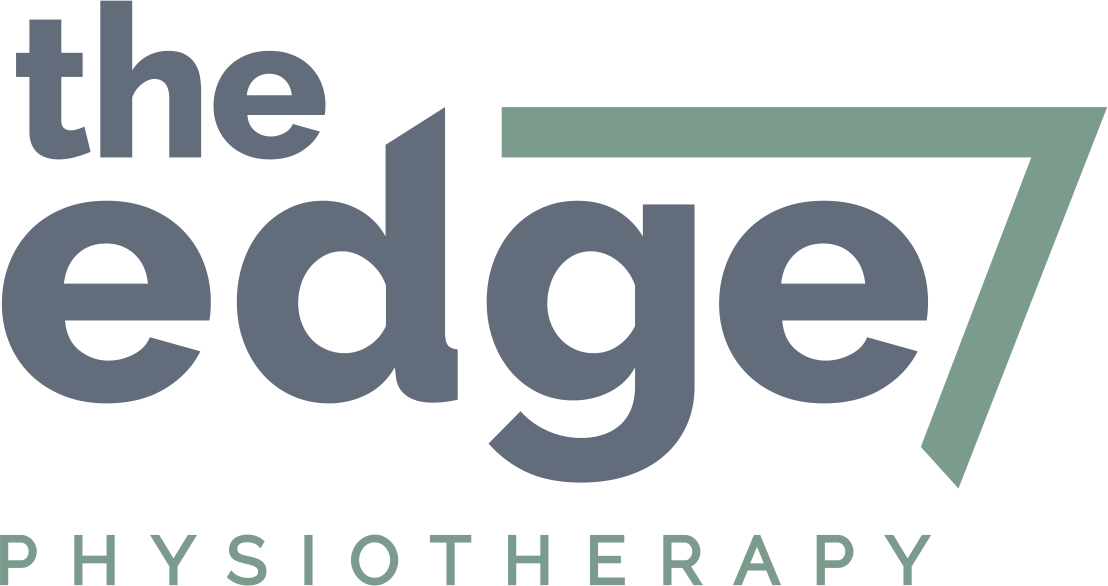Goals…how do we achieve?
Setting goals, this is about as interesting as talking about doing your tax right? (sorry to advance to my accountant). There’s always some advice out there for how to live your life, so many gurus and self help books etc. Goal setting isn’t something we haven’t all heard before. We know it’s important, the powers that be say it is, but why? Well, if you want to succeed then you start by planning and the brain loves a challenge!
Getting better after an injury or flare up of a chronic condition is rarely straight forward, our bodies experience ups and downs throughout our lives and are affected by so many variables that are out of our control. In order to prevent regressions, irritation of conditions and avoid failure to improve it is important to set yourself up with clear expectations with a treatment plan.
As therapists we are taught to set SMART goals with patients. You’ve most likely heard this acronym before as it is not only used in the healthcare world. This is a means of outlining timeframes for recovery, sets out clear realistic goals in manageable steps and sets milestones that the therapist and you the patient can review and adapt treatment plans to as needed. The acronym stands for:
S: Specific
M: Measurable
A: Achievable
R: Relevant
T: Time-Bound
If you haven’t already done so, now is the time to sit down with your therapist and be honest about what you are feeling and what you expect from therapy. Despite what point you are at with your treatment whether it be the initial appointment or even if you have been seeing this therapist for years. In doing so you are imbuing the goals you set with an emotional significance and thus they mean more to you, and the therapist can see you are serious about your treatment.
Once you have set goals expect things to get a bit rocky, it’s the nature of change and improvement is never linear, especially if it is meaningful change. A warning here about setting yourself up to fail. The more we try and change things that are unchangeable the more resistance we face. A metaphor we can use here is imagine a deep gorge, you stand on one side and a large scary monster is standing on the other side. You both have the end of a rope, you pull and pull on the rope to no end. The monster is stronger and unmovable and by pulling you tire and eventually fall down the gorge. How do we prevail here? How do we best the monster? The lesson is the more we resist something the more power we give it. Perhaps by just letting go of the rope (that fear) I will have won, and won’t end up in that gorge. Sometimes the best thing to do is let go of that fear, let go of those expectations and in doing so we give less power to one aspect of our lives and empower ourselves in another. This is particular to setting realistic goals for yourself.
Setting yourself up for success in therapy
The importance of having clear goals is obvious now, so we have a measure of our improvement, that our goals are reasonable for what we want and there is accountability for both the patient and therapist. I can’t count the number of times that a patient has come in and said “fix me”, which while is not unexpected, I can tell that these patients statistically aren’t likely to do well. Why? because being “fixed” means many things and not just being symptom free. By setting down SMART goals you are as a patient paving the way for your own success towards living the life you want to live.
There is a whole industry out there that says “I can fix you”, but the truth is once we take on the personal responsibility of planning for the now, short term and long term, we are on our way to achieving those goals we’ve set. Treatment should be a collaborative process as this is the true essence of empowering patients, families, loved ones and carers. Take the time to speak to your therapist about a treatment plan, its worth it.


